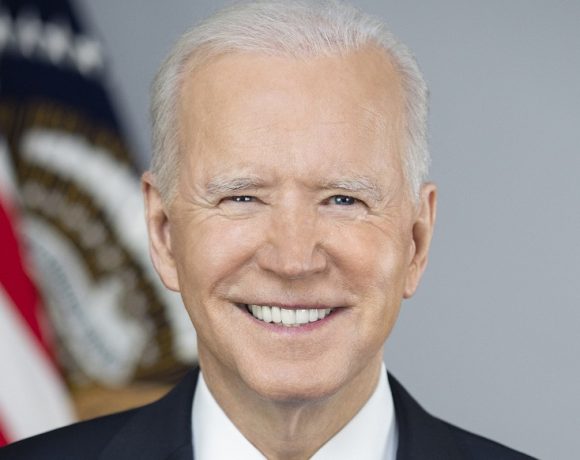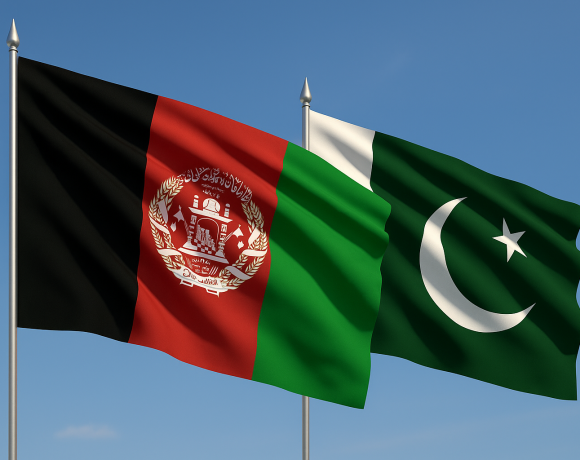
India Terminates Transshipment Facility for Bangladesh Following Remarks on Northeast Region
In a notable shift in trade policy, India has withdrawn the transshipment facility extended to Bangladesh, which had allowed Dhaka to transport its export cargo through Indian territory to third countries. This decision comes in response to controversial remarks made by Professor Muhammad Yunus, the Chief Adviser to Bangladesh’s interim government, during a recent diplomatic visit to China.
India-Bangladesh Transshipment Tensions Rise
Since June 2020, the transshipment agreement enabled Bangladesh to move its export goods via Indian Land Customs Stations to Indian ports and airports, allowing onward shipping to countries like Nepal, Bhutan, and Myanmar. This facility was considered a key component of regional connectivity and a gesture of goodwill to promote trade cooperation.
However, Professor Yunus, during his China visit from March 26 to 29, described Bangladesh as the “only guardian of the ocean” for India’s northeastern states. He further claimed that Dhaka’s geographical advantage could be pivotal in facilitating deeper connectivity between Northeast India and China. These remarks were viewed in New Delhi as overreaching and strategically provocative, given the region’s sensitive geopolitical status and the historical context of Chinese influence in South Asia.
Strategic Sensitivities Trigger Policy Pullback
India’s decision to end the facility is a signal of concern over attempts to portray Bangladesh as holding a strategic chokehold on India’s Northeast. Officials viewed the comments as an attempt to politicize geography and use trade routes as leverage in broader geopolitical equations. The Indian government, which has heavily invested in connectivity and development in the Northeast, is unlikely to tolerate any perceived undermining of its territorial autonomy or strategic posture.
Impact on Regional Trade and Diplomacy
The cancellation of the transshipment arrangement is expected to affect Bangladesh’s export logistics, particularly for cargo destined for landlocked neighbors that relied on Indian routes. It may also complicate Dhaka’s plans to position itself as a regional logistics hub.
This development underscores how closely economic partnerships in South Asia are tied to political narratives and strategic posturing. As regional alliances continue to evolve, both India and Bangladesh may find it necessary to recalibrate their diplomatic tone and re-engage in constructive dialogue to maintain a balance between national interests and regional integration.


















